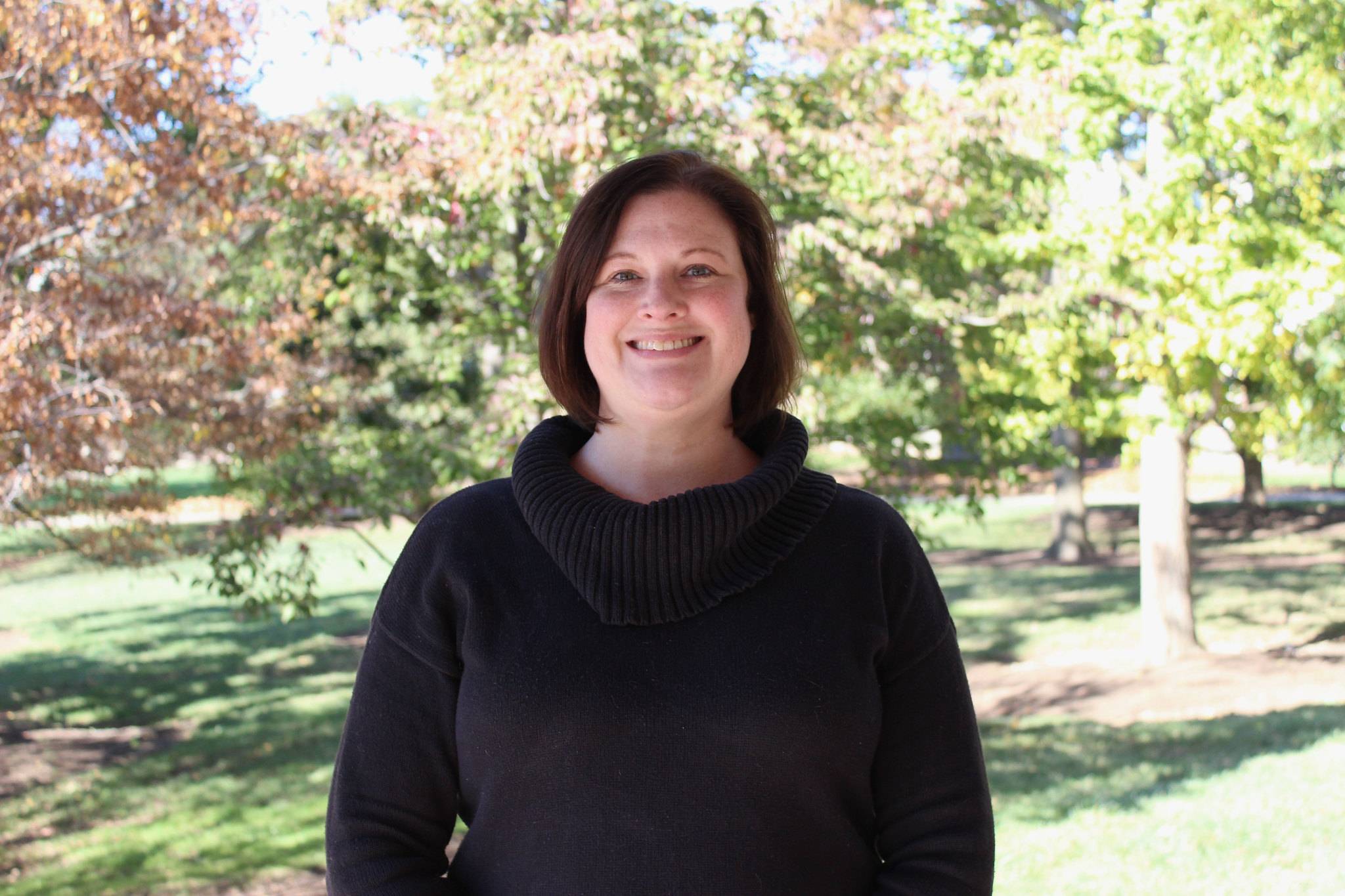Framing SoTL: Understanding the Scholarship of Teaching & Learning and Situating Ourselves
Within
As the Scholarship of Teaching and Learning (SoTL) field has evolved, so have the
conceptual frameworks used to describe it. Beginning with Boyer’s work in the 1990s
reconceptualizing teaching as scholarship in higher education, to subsequent frameworks
offering deep descriptions of a scholarly teacher, overarching definitions of SoTL,
conceptions of SoTL as tangible products, principles for evaluating SoTL practice,
and levels of SoTL practice, each extension adds distinction. Bring in the cousins
of SoTL, (DBER, assessment, educational research) and we might begin to ask ourselves,
do these nuances help us as a field or simply add more barriers to welcoming new practitioners
in? In this session we will navigate these conversations to come to a shared understanding
of what SoTL is, what its products look like, and the ways in which we can participate
in the SoTL community.

Shannon Sipes, Ph.D.
SoTL Program Director and Lead Instructional Consultant, Indiana University
Shannon is the Director for the Scholarship of Teaching and Learning and a Lead Instructional
Consultant in the Center for Innovative Teaching and Learning at Indiana University.
She holds an M.A. in experimental psychology and a Ph.D. in curriculum and instruction
with a focus on higher education and has applied this to her work as an academic developer
specializing in assessment, SoTL, and curriculum design for 20 years. She most enjoys
supporting faculty in their transition from scholarly teacher to SoTL practitioner.
Shannon is a member of both the POD Network and the International Society for the
Scholarship of Teaching and Learning (ISSOTL). Her activity within ISSOTL includes
serving on three of the four standing committees at some point (i.e., advocacy, recognition,
convenings), participating in two International Collaborative Writing Groups (i.e.
one on mentoring in SoTL and another on SoTL leadership), and serving as co-chair
of the upcoming 20th anniversary ISSOTL conference. As a researcher, she is a pragmatist
who navigates toward mixed methods designs. As an instructor, she has taught psychology
and education courses at a variety of institutional types (i.e. community college,
small private technical, regional) and modalities (i.e. on campus, hybrid, virtual;
both synchronously and asynchronously).












